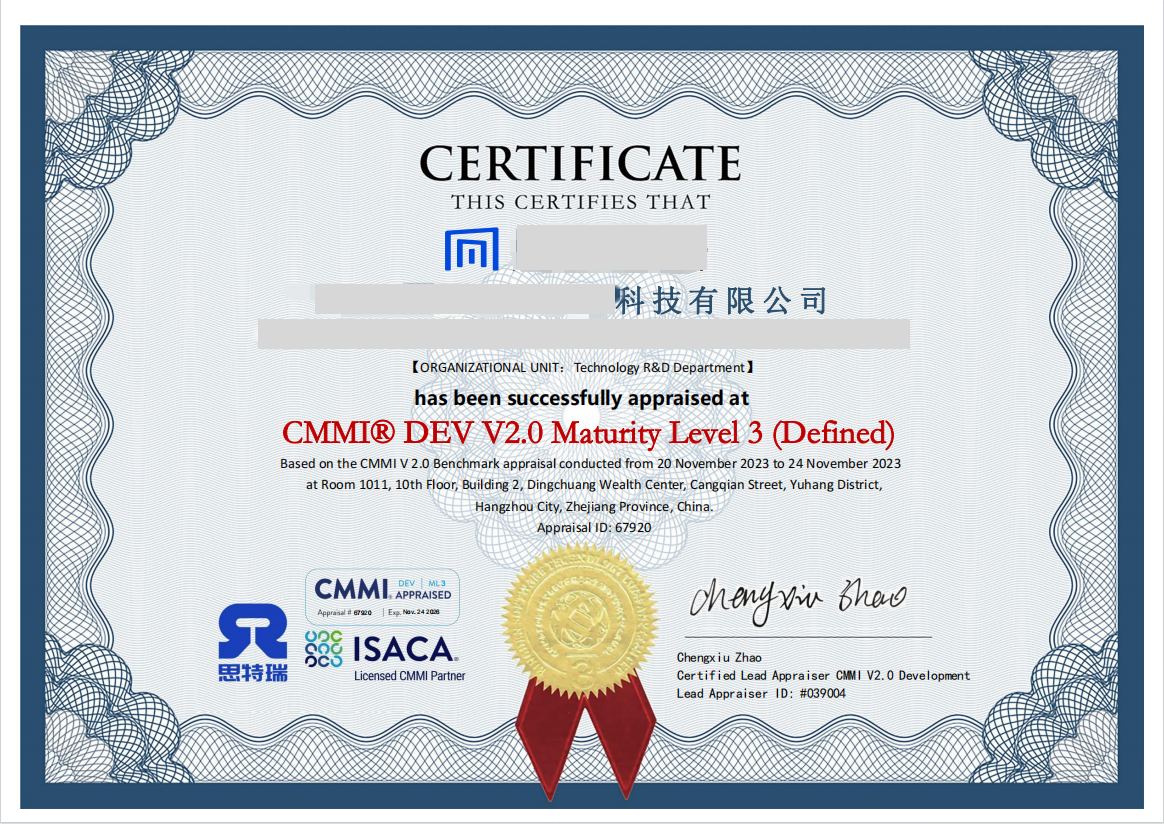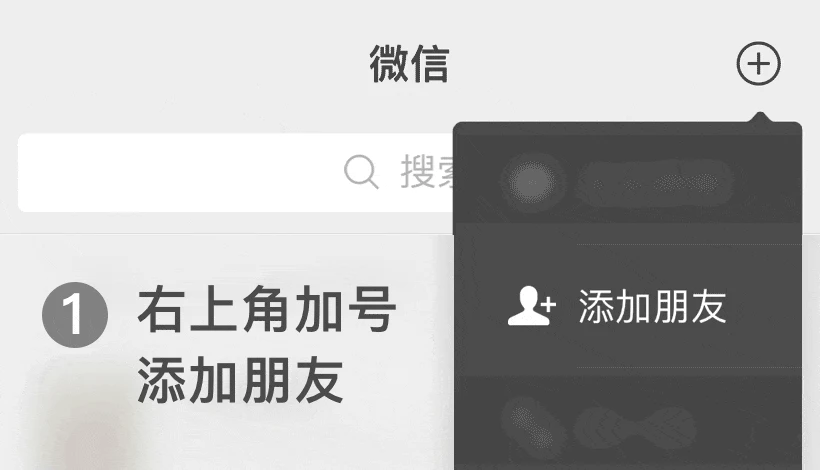
 Professional services are guaranteed
Professional services are guaranteed One on one full process guidance
One on one full process guidance Efficient and fast experience
Efficient and fast experience1. Origin and Development
? CMMI, formerly known as Software Capability Maturity Model (SW-CMM), was born in 1987 and focuses on addressing quality and schedule control issues in the software development process.
? In 2002, SEI integrated multiple domain models (such as systems engineering, procurement, etc.) and launched CMMI 1.0, marking its transformation from a single domain to multidisciplinary integration.
? The CMMI 2.0 version released in 2018 further strengthens agile practices, data-driven decision-making, and performance management, becoming the current mainstream standard.
? On April 6, 2023, ISACA released CMMI 3.0, which aims to provide a more flexible and customizable capability assessment framework to meet the ever-changing organizational management needs and achieve comprehensive maturity improvement.
2. Core objectives
CMMI uses a structured methodology to assist enterprises in:
? Identify the shortcomings of the current process;
Establish a repeatable and predictable work mode;
? Achieve continuous improvement and cultural transformation.
1. Maturity level
CMMI adopts two representation methods: staged and continuous. The staged model is divided into five maturity levels, which progress step by step:
2. Process Areas
Each level contains multiple process areas, totaling 22 core domains, divided into four categories:
Process management: Organizational process definition, training, and improvement (such as OPF, OPD).
Project management: Integrated project management, risk management (such as IPM, RSKM).
Engineering: Requirements development, validation, and confirmation (such as RD, VER, VAL).
Support: configuration management, quality assurance (such as CM, PPQA).
1. Value to the enterprise
Enhance management capabilities: Reduce human errors and improve project success rates through standardized processes.
Enhancing market competitiveness: High level certification (such as CMMI Level 3) is the "passport" for international bidding.
Cost optimization: Quantitative management reduces resource waste. According to case studies, defect repair costs can be reduced by over 30%.
2. Promoting the industry
Unified benchmark: Reduce inefficient competition and promote industry chain collaboration (such as supplier management and integrated development).
Technological innovation: promoting the application of technologies such as AIOps and digital twins, accelerating digital transformation

(I.) General application materials
1. Enterprise qualification certificate:
Business license, legal person identity certificate, tax registration certificate, etc.
2. Project documentation:
Completed project requirements documents, design documents, test reports, acceptance certificates, etc.
3. System documents:
Organizational level process manual, role responsibility matrix, training records, etc.
4. Data and tool proof:
Quantitative management data (required for level 4 and above), tool usage records (such as Git commit logs, Minitab analysis reports).
5. Evaluate supporting materials:
Self evaluation report, improvement plan, past evaluation results (if applicable).
(II.) Classification application materials
CMMI Level 3:
Process definition documents (such as "Requirements Management Specification" and "Project Planning Guide").
Pilot project operation records and optimization feedback.
CMMI Level 4:
Organizational Process Performance Model (OPP) and Quantitative Objective Analysis Report.
CMMI Level 5:
Continuous improvement cases (such as root cause analysis of defects, technological innovation solutions).
Comparison data on the implementation effect of optimization measures.
precautions
Time cycle:
Level 3 certification takes 3-4 months, while levels 4 and 5 require 6-8 months.
Cost composition:
Including registration fees, consulting fees, and evaluation fees (approximately tens of thousands to millions of RMB, depending on the level and institution) 37.
Certificate issuance:
Unified by CMMI Institute in the United States, but the style may vary slightly due to different assessors











Wechat ID:Siterui888888
Add a wechat friend to get free plans and quotations


 Contact
Contact
號.jpg)



 定制化解決方案
定制化解決方案 專業(yè)咨詢指導(dǎo)
專業(yè)咨詢指導(dǎo) 透明化服務(wù)
透明化服務(wù) 長期顧問式合作
長期顧問式合作